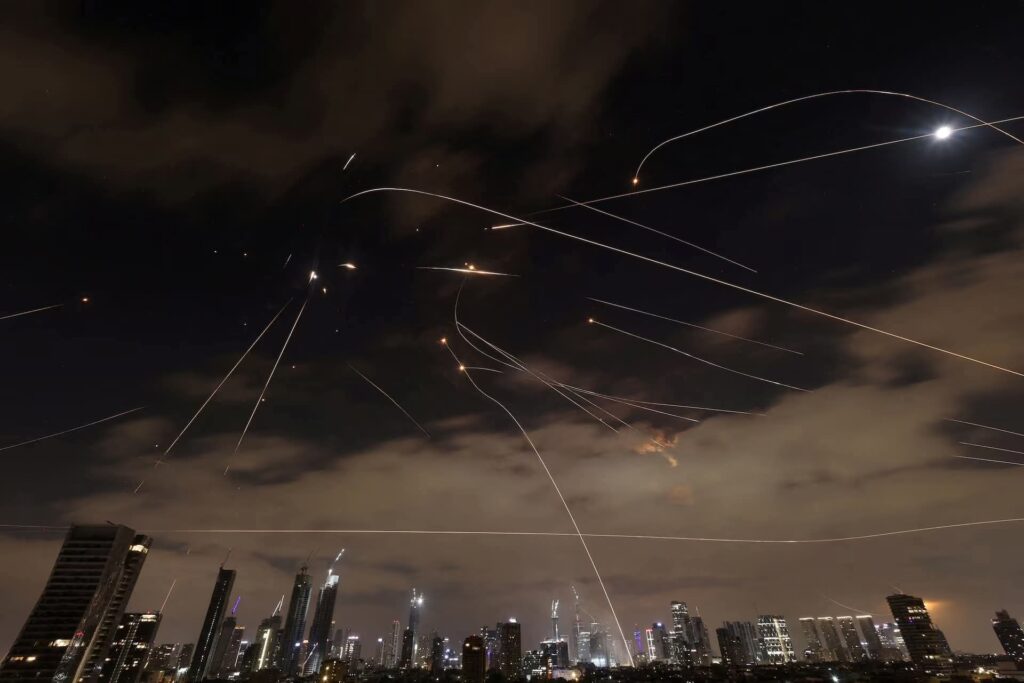The ongoing conflict between Israel and Iran has intensified dramatically, drawing global concern and prompting defensive measures from the United States. As the violent exchange between the two nations continues, the U.S. military has repositioned forces in the Middle East to protect its troops and deter further escalation.
U.S. Moves Defensively in the Middle East
In response to the growing conflict, the Pentagon has deployed additional warplanes and positioned an aircraft carrier in the region. Defense Secretary Pete Hegseth emphasized that these moves are purely defensive, aimed at safeguarding the 40,000 U.S. troops currently stationed across the Middle East.

We are postured defensively in the region to be strong, in pursuit of a peace deal,” Hegseth stated in a recent interview. The U.S. has made it clear that while it is not participating in Israel’s offensive operations, any attack on American forces will be met with a strong and immediate response.
To support these defensive measures, air refueling tankers have been relocated from Europe, ensuring continuous air coverage over sensitive areas. In addition, 21 more refuelers have been moved from the U.S. to Europe to backfill this repositioning
Israel’s Strikes on Iran’s Nuclear and Military Sites
The conflict escalated significantly on June 13 when Israel launched a series of airstrikes targeting Iran’s nuclear facilities and military bases. In response, Iran retaliated by launching a missile counterattack against Israel. Reports indicate that more than 220 Iranians have been killed and at least 1,200 injured since the bombardment began, while two dozen Israelis have died from Iranian missile attacks.
Despite Israel’s advanced Iron Dome defense system, some Iranian missiles managed to bypass defenses, causing significant damage and casualties. The air war has now stretched into its fifth day, with Israeli forces continuing to pound Iranian cities.
U.S. officials have stated that Israel’s strikes have severely weakened Iran’s ballistic missile capabilities and air defenses. Heavy traffic and evacuations have been observed in Tehran as civilians attempt to flee the escalating violence.
Growing International Concern
The escalating conflict has drawn worldwide attention. On June 16, U.S. President Donald Trump abruptly left the G7 summit in Canada, citing the urgency of the crisis. In a post on Truth Social, he advised citizens to evacuate Tehran immediately. While French President Emmanuel Macron suggested that Trump was en route to negotiate a ceasefire, Trump refuted this claim, insisting his return to Washington was unrelated.
Meanwhile, powerful U.S. military assets continue to arrive in the region. The USS Nimitz, a massive aircraft carrier carrying dozens of warplanes, is expected to reach Middle Eastern waters within a week. In addition, B-52 and B-2 bombers — capable of delivering precision strikes on hardened targets like nuclear facilities — have been stationed at Diego Garcia, a strategic U.S. Navy base in the Indian Ocean.
As both sides continue their assaults, global leaders watch anxiously, hoping to prevent a broader war that could engulf the entire region
world wide news
